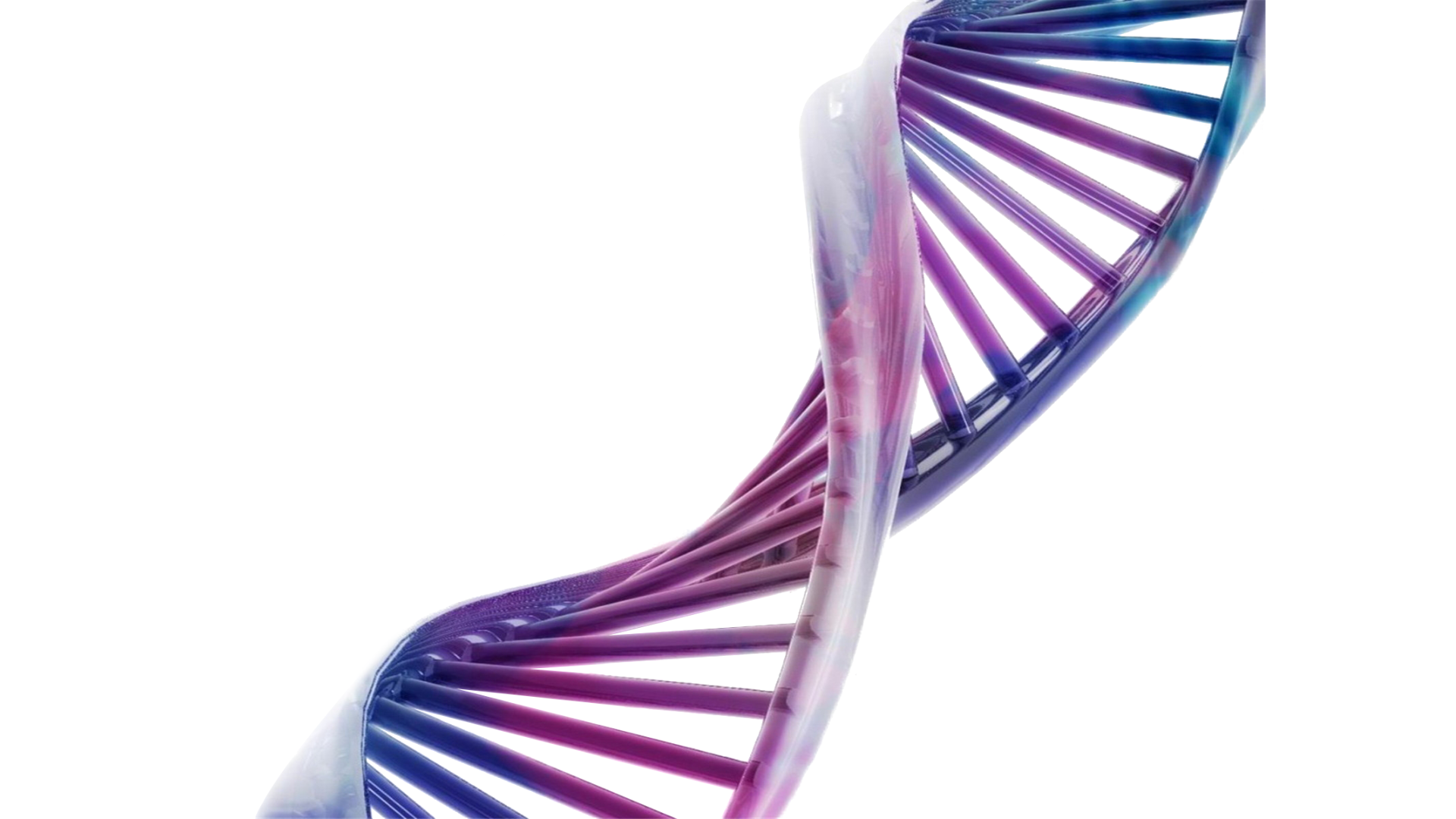Additional Bioinformatics Services
introduction
Our team provides bioinformatics support so that our customers can make the most out of their TempO-Seq data. This will cover all the phases of the experiment from the design to the discovery of the biological meaning hidden behind the data.
Probe Design
BioSpyder offers several transcriptomic panels our customers can choose from. Additionally, we can design new probes targeting specific transcript isoforms, genomic regions, or even SNPs/ INDELs. Thanks to our automated pipelines, we can design thousands of new probes with limited turnaround times.
Exploratory data analysis
Transcriptomics data are generated in the form of count tables reporting the expression of the genes in each sample. We perform PCA (Principal Component Analysis) to investigate whether similar samples (e.g. replicates, samples generated from the same tissue, etc.) cluster together in terms of their expression profile. We generate heatmaps to clearly visualize outliers, poor performing samples or highly clonal libraries.
Differential gene expression analysis
We perform comparisons between groups of samples to highlight genes that are differentially expressed. Our analysis results in the generation of tables reporting the genes that proved to be statistically over/under expressed in specific groups together with the relative fold change. We generate ad-hoc high-quality plots reporting differentially expressed genes such as boxplots, violin plots, heatmaps and volcano-plots.
Machine learning based classification analysis
We use an in house developed randomized approach to detect genes that represent biomarkers capable of differentiating specific groups of samples. The biomarkers are then used to develop classification tools based on machine learning algorithms. Such tools can be delivered in the form of stand-alone application or cloud-based Web applications.
Pathway analysis
Biomarkers and differentially expressed genes in general can be analyzed in terms of their enrichment in specific gene ontology groups (Molecular function, Biological Process, Cellular component), pathway (e.g. KEGG), specific diseases or other databases. This analysis is essential to link a group of gene to their biological context.
Single-cell analysis
We perform analyses on data generated by our single-cell platform TempO-LINC. We perform cell clustering using either t-SNE or UMAP analysis and detect the genes that are differentially expressed between different cell types.
Don’t see an analysis listed here? Contact us to find out if we can run additional analysis for you or connect you with a partner who can.





